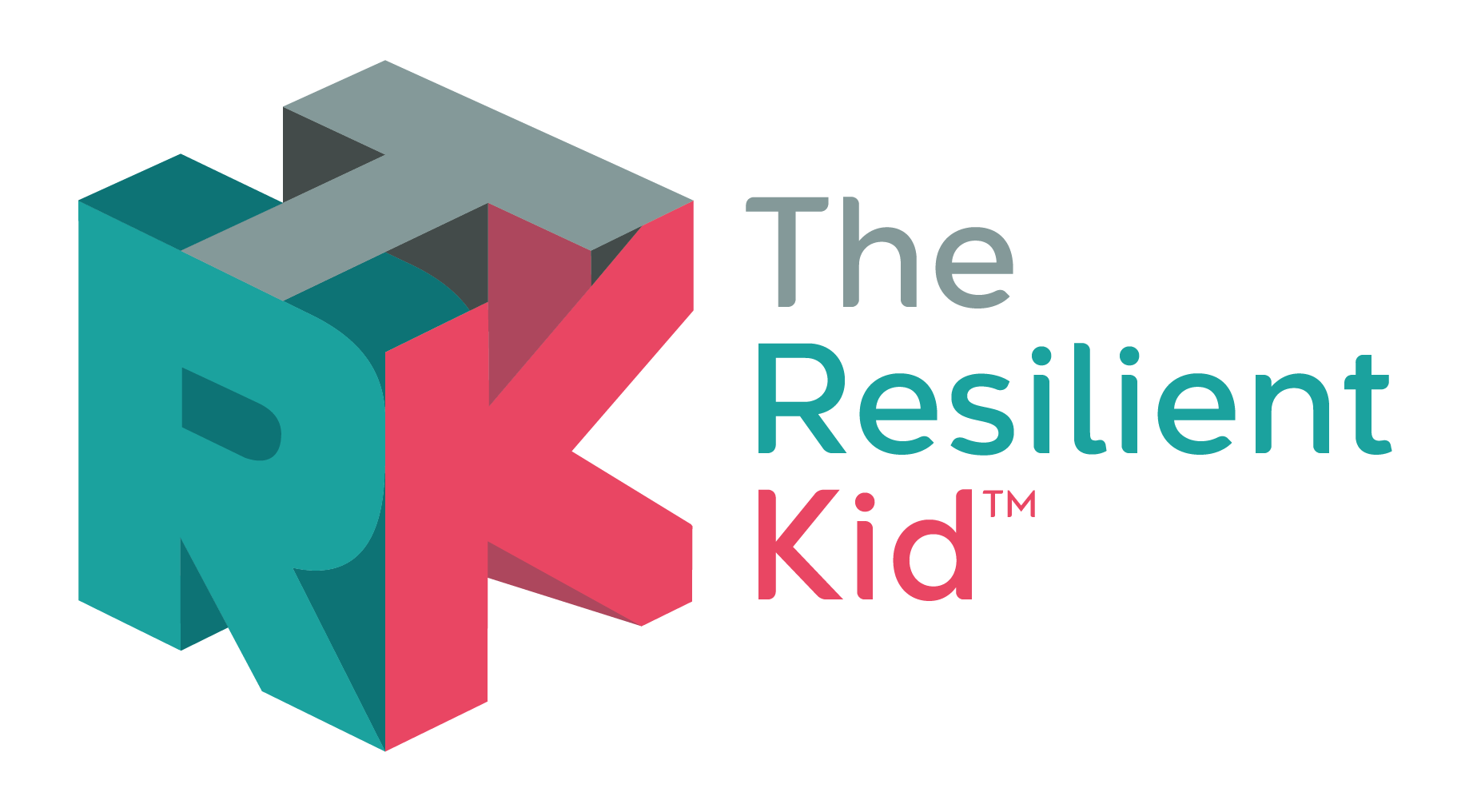
Why Having a Puppy is Like Having a Child All Over Again
01/12/2024
A Psychotherapist's Perspective
As a psychotherapist, I've often helped parents navigate the complexities of raising children. Little did I know that adopting a puppy would plunge me into a similar whirlwind of challenges, joy, and unsolicited advice. It’s astonishing how much raising a puppy mirrors raising a child. From boundary-pushing to teething, and from enduring everyone’s opinions to questioning my sanity, this experience has been both humorous and enlightening.
Boundary Pushing: The Ultimate Test of Patience
Just like toddlers, puppies are relentless boundary testers. My not-so-little furball, Paddy, seemed to have a knack for finding every loophole in the house rules. The “no jumping on the couch” rule quickly turned into “no jumping on the couch unless I'm looking adorable and you’re too tired to enforce it.” In therapy sessions, I often discuss the importance of setting clear boundaries with children to provide a sense of security and structure. It turns out, the same applies to puppies. However, enforcing these boundaries is just as exhausting and requires endless patience. Puppies, much like kids, are determined little creatures who view every “no” as an invitation to test limits further.
Teething Troubles: A Journey of Chewed Shoes and Sleepless Nights
Ah, teething. The phase where everything becomes a chew toy, from shoes to furniture to your favourite book. Just as parents of infants endure sleepless nights and endless drool, puppy parents find themselves navigating the world of tiny, razor-sharp shark-like teeth. Paddy, in his teething prime, managed to chew through three pairs of shoes, two phone chargers, and a corner of the coffee table. I recall comforting parents about their teething babies, assuring them it was a phase that would pass. Yet, there I was, trying to salvage the remains of my sneakers, reminding myself of the same advice.
The Unsolicited Advice Brigade
If you’ve ever raised a child, you know that everyone, from your neighbour to the person serving you in the supermarket, has an opinion on how you should do it. The same holds true for raising a puppy. “He should sleep in a crate.” “He should sleep in your bed.” “Feed him this brand of food.” “No, feed him raw food.” The barrage of advice is endless and often conflicting. As a psychotherapist, I’m accustomed to offering guidance and support, but suddenly, I found myself on the receiving end of an overwhelming amount of unsolicited counsel. It seems everyone is a self-proclaimed puppy-rearing expert, and navigating this sea of opinions is as challenging as it is with children.
Puppy Classes vs. Parenting Workshops
In the world of child-rearing, parenting workshops and books are abundant. Similarly, puppy training classes have become a rite of passage for new dog owners. Both settings offer a mix of camaraderie, shared experiences, and the occasional judgmental glance. As a therapist, I’ve always encouraged parents to seek support and education. However, standing in a circle with other puppy owners, coaxing Paddy to sit while he enthusiastically licked another dog’s face, I couldn’t help but feel a surreal sense of déjà vu. It was akin to those toddler playdates where chaos reigned, but bonding over shared challenges made it all worthwhile.
Questioning Life Choices: A Daily Occurrence
Raising a puppy, much like raising a child, is a rollercoaster of emotions. There are moments of pure joy, like when Paddy finally mastered “sit” or cuddled up next to me after a long day. But there are also moments that make you question your life choices like the time he dug up my garden or had an accident on the freshly cleaned carpet. As a therapist, I often help parents navigate these highs and lows, reassuring them that feeling overwhelmed and questioning their decisions is normal. Living through it firsthand with Paddy, I found myself repeating my own advice, finding solace in the shared human (and canine) experience of growth and learning.
Conclusion: Embracing the Journey
In the end, having a puppy is indeed like having a child all over again. The boundary-pushing, teething troubles, unsolicited advice, and daily moments of questioning your sanity are all part of the journey. As a psychotherapist, this experience has given me a renewed empathy for the parents I counsel and a profound appreciation for the resilience required to raise both children and puppies. So, to all the parents and puppy owners out there, remember: you’re not alone, and every chewed shoe and sleepless night is a testament to your patience, love, and dedication.
Comments
Must be Logged In to leave comments.

